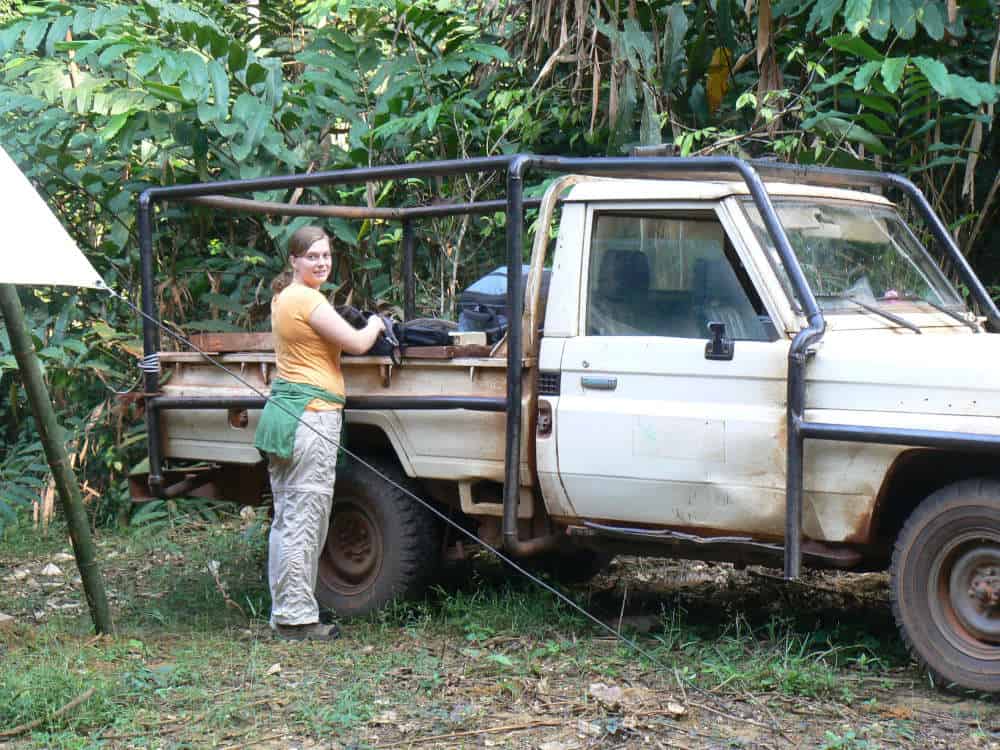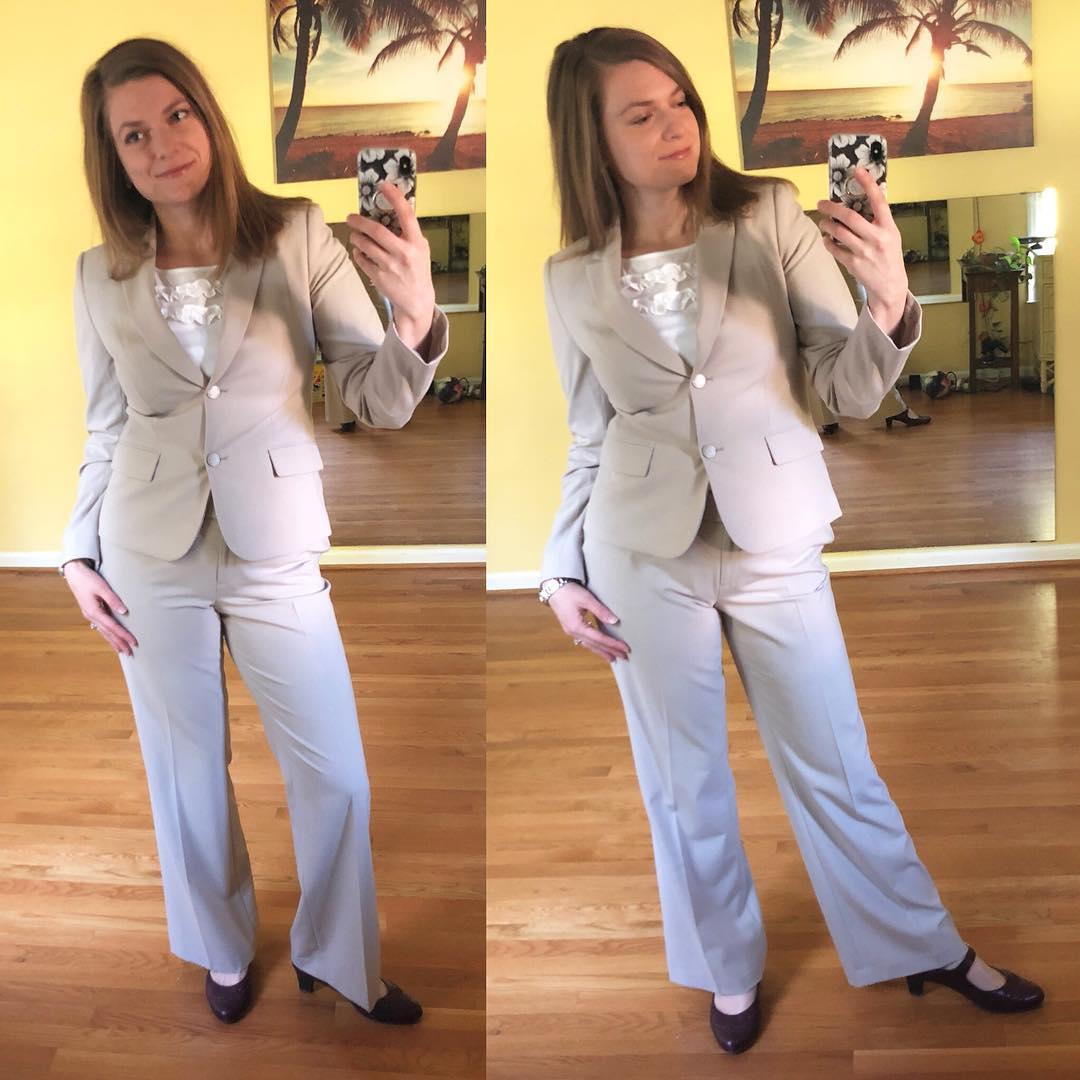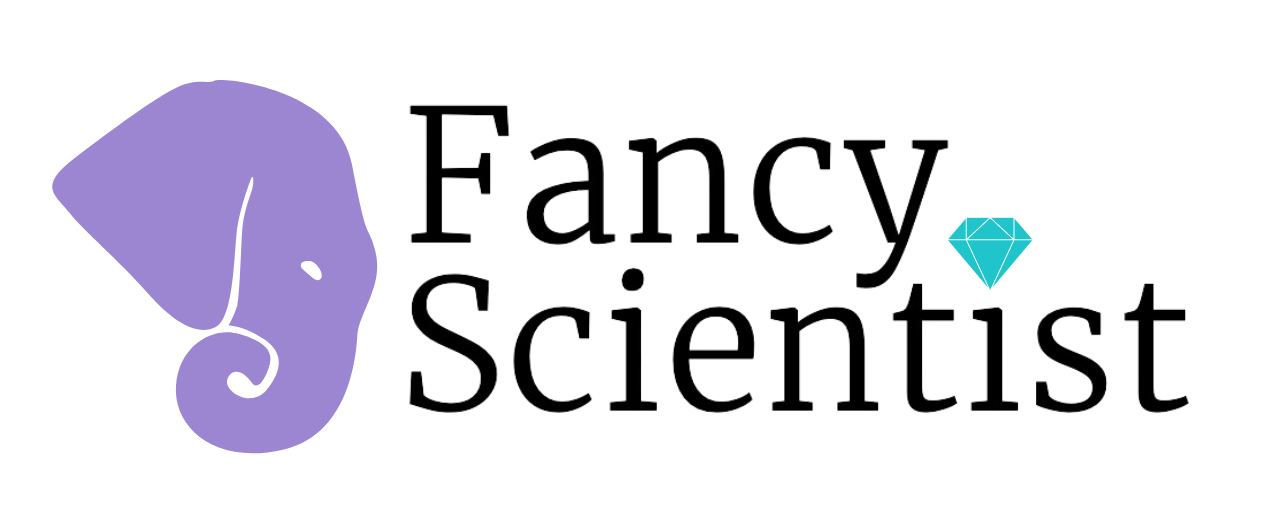Graduate school often focuses on prepping students for a career in academia, and largely ignores those who chose other wildlife biology jobs. Not having been in the job market since 2003, it can be difficult to know what to expect, especially at a new level (post Ph.D.).
When I applied for wildlife biology jobs after I graduated college, I searched general job interview questions on career websites. Now, as I have become much more specialized and experienced, it can be tough to find information on what questions to expect on interviews. Here I have listed the questions that I have been asked the most since getting my Ph.D. They are broken down into categories of importance and breadth.

Absolute MUST Questions to Answer for Wildlife Biology Jobs:
These are the questions that interviewers are highly likely to ask and you should be prepared to answer them well.
- Where do you see yourself in five years?
- What are your strengths and weaknesses?
- Why do you want this job? (Make sure to research the lab/company/project and the people you may be working with)
- What can you bring to this job/Why are you a good fit for this job?
- Tell me about yourself and how you got to where you are.
- How well do you work on teams? Independently? Which do you prefer?
Tell me a Story Questions:
These types of questions are designed to provide the interviewer with information on you ability to solve problems. Examples include:
- Tell me a time you experienced a difficult situation and worked through it.
- Tell me about a time you used creativity in your work.
- Can you describe a situation where you had to deal with an under-performing employee?
- Tell me about a time when you worked with a difficult personality
- Tell me about a time when you problem-solved on your own
- Tell me about a time when you had conflict with a teammate
- Tell me about a time when you had a conflict with someone you were supervising
- Tell us about a time when you had to complete a task that you didn’t want to do. Perhaps it was a directive from your supervisor with which you did not agree. How did you handle the disagreement and what was the outcome? (from a real interview)
- Tell us about a time you reviewed a colleague’s work and found reasons that the work should have been done differently. Describe this situation and how you communicated this to them? What was the outcome? (from a real interview)
Research-focused Questions:
These questions will often be very specific to the wildlife biology job you are applying for. If you applied for a job that involves remote sensing, be prepared to answer generally on your skills/knowledge/experiences in remote sensing.
- What kinds of software/programs have you used?
- Tell me about your field experiences.
- What is a postdoc to you?
- If you had a million dollar grant, what kind of research project would you pursue?
- How are collections and museums important to scientific research?
- What funding sources will you pursue?
Conservation Questions:
Here are examples of specific conservation-related questions I have come across.
- What do you see as the most important issue in conservation today? How would you address it?
- Who is your conservation hero?
- Do you see “conservation” and “preservation” differently?
- What is biodiversity, why is it important, and what are the major threats to it? What can be done to protect biodiversity?
Science Communication Questions:
If you are interviewing for a job that has any aspect of science communication where you will be speaking to a general audience, expect to give a short, presentation-style talk.
- Tell me about an area of your research as if I were an eight year old.
- Give a short (5-10) minute general audience talk on any part of your research.
Others Questions
- What do you do for fun? (This hit me most by surprise as I had just finished my dissertation and had to think back to a time when I had more time for this)
- What do you like most about your current job? Least?
- Why are you leaving your current job?
Questions from Other People
I have not been asked these questions, but people I know have.
- What is your knowledge of wildlife ecology, biology, and natural systems?
- What is your knowledge of principles and techniques of scientific research
- What is your radio-telemetry equipment, radio tracking methods, and use of GPS?
- What is your knowledge of supervisory practices, principles and procedures?
- Tell me about your skills in problem-solving, especially in field situations
- Tell me about your ability to record data independently and accurately in a sometimes-harsh field environment
- Tell me about your ability to perform detail-oriented work in an organized manner
- Tell me about your ability to communicate effectively verbally and in writing
- Tell me about your ability to work independently and as part of a team; establish and maintain effective working relationships
- Shown a spreadsheet and asked to point out all errors in 5 minutes time
- How does this position fit in with your career goals?
- What is your working knowledge of (the ecosystems related to the position)?
- Tell us about any projects that you have managed from start to finish
- Describe any previous experience working outdoors. How do you motivate yourself in inclement weather or challenging conditions?
- What strategies do you find effective to independently manage multiple projects and deadlines?
- What kind of environment do you work best in?
- How would you describe the role you take on or your working style when working in a small team?
- Describe your experience with public speaking, environmental education, or other relevant outreach and communication opportunities
- Describe the ways in which you value, center, and apply equity and inclusion in your work life
- What experience do you have designing or implementing field research?
- Do you have any experience writing grant proposals or managing grants?
- Tell us something about yourself that we wouldn’t know based on your resume or application
- Describe a contentious situation with a coworker and a supervisor
- How would you handle discovering that something you implemented (relating to a wildlife conflict management plan) did not have the intended outcome you desired?
- Specific questions about partner organizations, the migratory bird treaty act, and the state wildlife action plan
- If you had unlimited funding and the proper permits what species of conservation need would you advocate for and why?
- For graduate school interviews: Why do you want a master’s degree and what is your end/long-term goal?
- How will you manage keeping things organized? How will you keep track of everything?
- Can you tell us what you think the most important element of collaborative work is in a team? Can you give us an example of how this worked for you in a team setting?
- Have you supervised other people before in previous positions? What was a challenge you encountered with supervising others?
- What type of GPS transmitter experience do you have? What units did you specifically use?
- The ecosystem and climate out here is incredibly hot. How do you think you will handle working in this environment/ecosystem? How will you handle the heat?
Good questions to ask them:
At the end of the interview, the interviewer(s) will always ask you if you have any questions. Not having any questions will reflect upon you negatively; you are either unprepared or don’t care enough about the job. Often during an interview, the interviewer may answer questions that you have throughout the interview. Therefore, I suggest preparing a long list in advance to ensure that some questions will not be addressed during the interview. Here are examples of some that I have found helpful in better understanding the position, the requirements of the position, your boss, and the workplace environment:
- What will a successful year look like? (This is especially important for post-doc positions where your contract may be re-newed after the first year. You may want to even shorten this to six months or whenever your initial review will be.)
- What are your expectations for publishing? (Number of pubs, timeline)
- What is your mentoring style?
- What is the work environment/lab like? (Will you be working independently? As part of a team?)
- What does a typical day look like for this position?
- For past employees of the same position that have performed well, what made their performance outstanding?
- Are there any reservations you have about my fit for the position that I could address? (A good final question)
- What is your timeline for getting back to candidates, and what are the next steps? (Also a good final question)
Post Postdoc Questions
I am updating this post now after over several years working as a postdoc and applying for permanent wildlife biology jobs. I’ve had over a handful of interviews and they all varied dramatically! At this level, there are only three questions that almost all of the organizations have asked me. They are:
- Why do you want the job?
- Why do you want to work here?
- What do you know about (this organization)?
Honestly, every other question I have asked had to do specifically with the job I was being interviewed for. At this stage of the game, know the organization very well that you are applying to work at and have concrete idea about what type of research or programs you would implement if you get the job.
In general, with jobs in wildlife biology, you want to make sure that you are getting the right sets of skills and experiences for the jobs you want. Use my job tracker to learn how.
Additional Advice
Dress the Part:
Scientists are notorious for underdressing (personal observation). It’s better to overdress than underdress. You won’t get points docked for taking the interview too seriously. Wear a suit for any conservation or wildlife biology job interview associated with an organization (museum, nonprofit, zoo). That being said, make sure to get information about your visit. For example, if you are interviewing in person and may be walking around to tour land or visit field sites then make sure to dress properly or bring a change of clothes.

Skype/Phone Interviews:
For Skype, still dress the part and make sure your background is appropriate. If you have never used Skype before, do a practice call with a friend so you can know how to use the program and also see how look. The height of your face in the computer screen is also important. You don’t want them looking up your nose or down on your head. It’s also a good idea to do a test call just to see how you look and to know where to look on your computer, especially before the interview. It can be tricky because in person we would normally look into the interviewer’s eyes, but on the computer, this means looking into the monitor’s camera.
Currently, it’s a really tough job market for conservation and wildlife biology (you can check out the job boards here). All of the jobs I or my friends have been interviewed for, or received, have beaten out hundreds of applicants. My most recent job interview had 300 applications. Therefore, you have to take the interview process very seriously and prepare. Good luck!
*This post was originally posted to the Wildlife SNPits
SaveSave
SaveSave
SaveSave
Love this post? Share it with friends!



